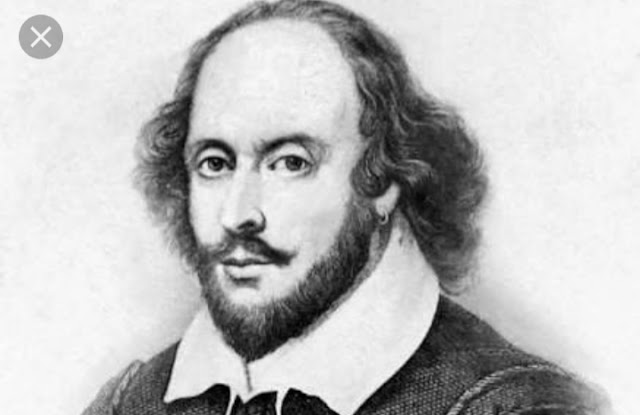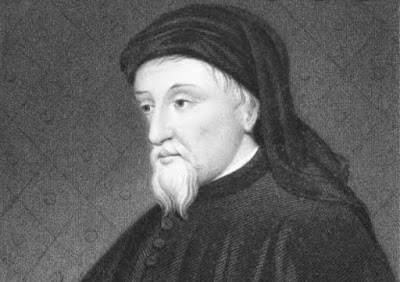Analysis of Train To Pakistan by Khushwant Singh

Train to Pakistan is a 1956 historical novel by Indian novelist Khushwant Singh.During 1947, partition of India that created the nations of Pakistan and India, it focuses on the way partition impacted the people on the ground. Focusing on the lives of ordinary citizens as they were torn from their homes, Train to Pakistan brings a human dimension to one of the bloodiest periods in the history of the two countries. Before the 1947 partition, Hindus, Muslims and Sikhs lived side by side, despite occasional conflict and violence. Partition set such religious and cultural differences in stone and families were forced to abandon their homes, moving to areas that were deemed safe for those of their religious belief. However, the resettlement process itself was filled with danger as extremist elements sought to take advantage of the chaos. These ad hoc evacuations took place on foot, via cart, and on crowded trains. As these refugees attempted to escape the violence, they would so...







